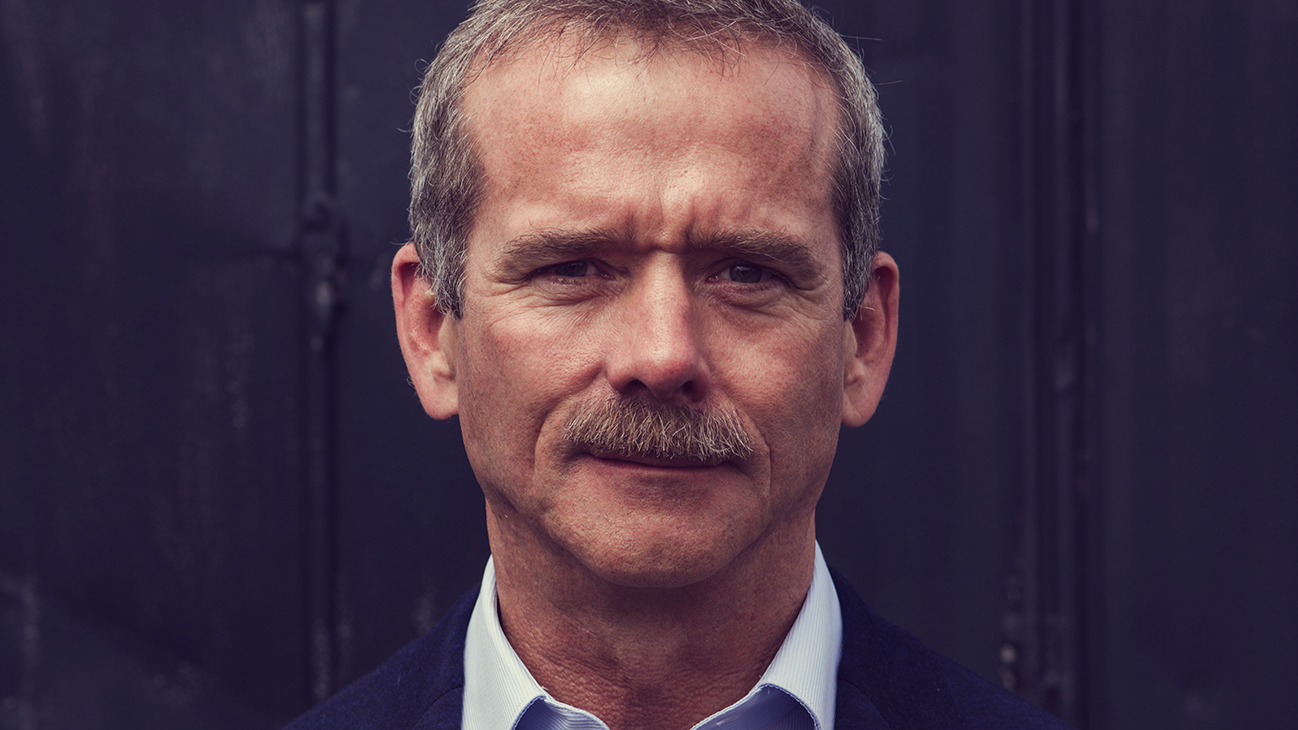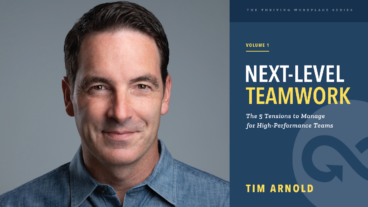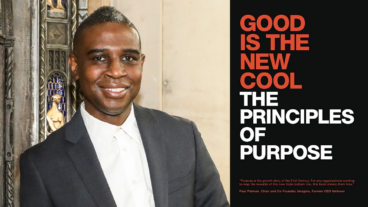Leaders today face a myriad of pressures in our ever-shifting business landscape. To find success now and in the future of work, leaders and their teams must accept that change is a constant, not an exception — the key to remaining agile and prepared in a rapidly changing world.
Colonel Chris Hadfield has led teams under some of the most extreme circumstances — from commanding the International Space Station for six months to leading a 14-day mission aboard the Aquarius underwater laboratory, 20m below the ocean’s surface. He spent more than three decades working for NASA and the Canadian Space Agency, and throughout his distinguished career, flew three space missions, built two space stations, and performed two spacewalks.
In preparation for these missions, Chris underwent intense astronaut training — but this training went far beyond the practical skills needed to be an astronaut. Its core purpose, he says, is to teach people how to deal with the unexpected and become comfortable with ambiguity. It readies people for the inevitability of change.
As one of the most famous astronauts in the world and an in-demand keynote speaker, Chris is known for bringing the marvels and wonders of science and space travel to everyone he encounters. But he also brings a distinct skillset to every stage — sharing lessons learned firsthand in leading diverse teams through complexity and change.
We sat down with Chris to learn more about leading through the most extreme circumstances, and how astronaut training prepared him and his crew to succeed amongst ambiguity — lessons that can serve leaders well not just in space, but also here on Earth.
Managing Complexity and Change
Change isn’t an easy thing to confront, Chris said. People develop patterns in their lives that help them feel comfortable in the day to day, and change can very much disrupt these.
The goal of astronaut training is to make change the standard rather than the exception. There’s no formula for it, Chris added, it takes practice and dedication to cultivate a mindset that accepts change as normal.
Below are the four practices astronauts learn and engage in to better prepare themselves for managing complexity and change.
1. Define and Understand What Success Looks Like
How your team reacts to change will happen without your knowing, Chris said. This is why, in astronaut preparation, the fundamental step before starting anything is to understand and communicate what success looks like — what is your end goal? Then, define your timeline.
Without a clear definition and timeline of success, it’s easy for teams to get muddled or overwhelmed when change happens. This is why it’s so important that leaders clearly communicate what victory is and what the timeframe is to achieve it. It’s only through clarity of both can teams prioritize and make decisions accordingly.
2. Ready Your Team for Change
With the pace of change we’re seeing today, leaders have a responsibility to ready their teams for the variability of change. Ask yourself, Chris said, how can you help your team update their skillsets so they have the depth of skill and understanding to deal with things as they go wrong? Because things always go wrong.
Focus and priority should be given to the constant improvement of and increase in the skillset of your crew, Chris said. The more you do for your team on a daily basis, the greater chance they will be able to implement their training when things go wrong.
If a tire goes flat, Chris continued, you’re better off if you know what the symptoms of a flat tire are. This same line of thinking applies to flying a rocket as it does to running a business. Identify potential failures and simulate them to help your team build competencies and identify weaknesses. This is what astronauts train for, he added, and it takes a tremendous amount of study.
3. Establish Effective Feedback Loops
Are you hearing from each person on your team? Establishing feedback loops is how leaders can get a true understanding of what’s happening at the personal and technical level. Keep the flow of thought moving amongst the team, and between your team and yourself.
4. Institutionalize Lessons Learned
Institutionalize lessons learned so the people who follow don’t have to learn everything from scratch. It takes a mindset and rigour, Chris said, but it sets your team and your organization up for long-term success when everyone, present and future, can access that fundamental database and learn those lessons up front.
The Power of Being Decisive
The four steps above help hone your decision-making capabilities, Chris said, and decisiveness is the key to leading and succeeding through ambiguity.
Decision making is a skillset, Chris said. There’s a lot of resistance to it because it’s uncomfortable. It’s like public speaking, he continued, we’re afraid of making mistakes in front of people or we’re worried that we’re making the wrong decision. The only way to get comfortable with it is by doing it. It’s a skill that can be learned.
Leaders, Chris said, not only have the responsibility to make those decisions but to also build that skillset within their teams. How? By embedding those four practices above within their workplace. Provide clarity of purpose, Chris said, and ample opportunity for yourself and your team to practice under safe circumstances. Then, when stakes are high, you and your team can trust each other to make good decision, because you trained for it.
When I was about to go off on my first mission into space, Chris said, my dad gave me some advice. He told me to trust myself. He said I’ve done the work, I wasn’t just handed this opportunity, I worked my whole life for it. And now, I have to make the decisions and there may not be time to consult others, so trust myself. At the time, it seemed quaint, but now I can’t count the number of times I’ve heard his voice in my head repeating this.
See Chris’ astronaut training in action — watch his 2014 TED Talk “What I learned from Going Blind in Space” where he paints a vivid portrait of how to be prepared for the worst in space (and life):
Colonel Chris Hadfield is a heavily decorated astronaut, engineer, and pilot. As a uniquely experienced leader, he draws from experiences and lessons learned during his 21 years in the astronaut corps to share the best strategies and tactics to help individuals, teams, and leaders prepare for and meet the challenges of our rapidly changing world.
Contact us to learn more about Chris and how he can help train your teams to thrive in uncertainty.




